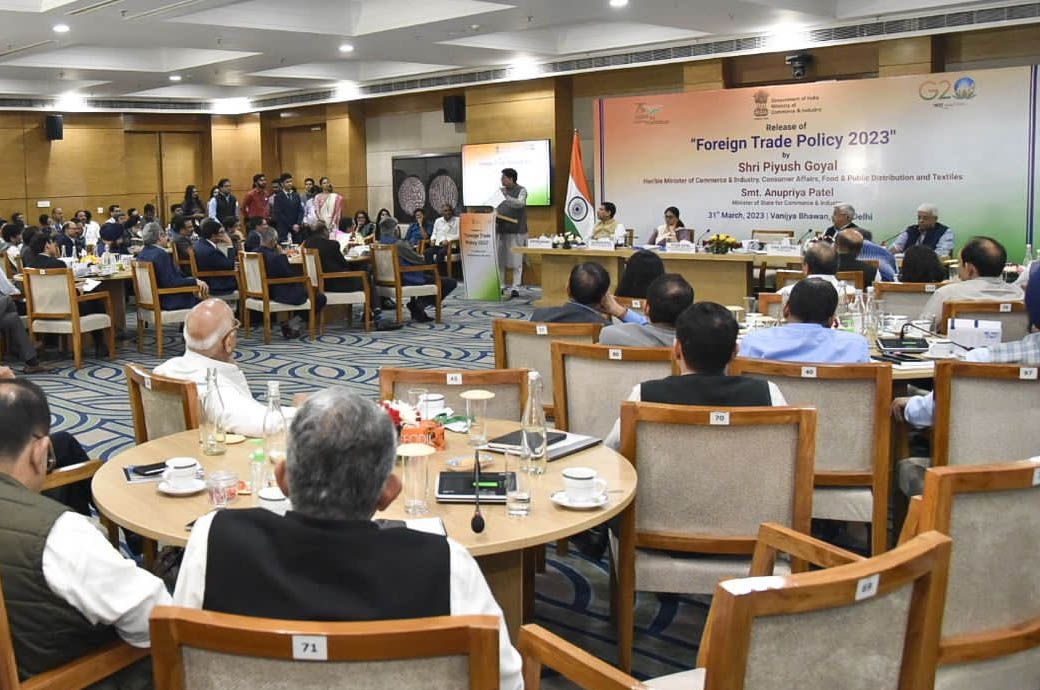

T. Rajkumar, chairman, Confederation of Indian Textile Industry (CITI) said that the new policy will bring transformative changes in India’s trade by bringing greater trade facilitation through technology, automation, and continuous process re-engineering and will pave the way for the country to take care of the various emerging global and economic challenges. He was confident that the policy will help in achieving an export target of $2 trillion by 2030. He further said that the textile and apparel (T&A) sector is an important part of the Indian economy, which contributes about 8-9 per cent to India’s total merchandise exports. Logistics time plays an important role in the success of any T&A export business. Under the new FTP, online approvals without physical interference will reduce the processing time from the current time of as long as 1 month to just 1 day and will act as a game changer for the T&A industry.
The Southern India Mills’ Association (SIMA) said that India’s new FTP is pragmatic and positive and has set a stage for exporters to increase the country’s share in global trade. SIMA chairman Ravi Sam appreciated the government for continuing the EPCG scheme and Special Advance Authorization Scheme for the textiles and clothing industry, which heavily depends on import of textile machinery and also raw materials to bridge the gap in the supply-demand, thereby enabling import of speciality raw materials that are not manufactured in the country. He thanked the government for announcing an Amnesty Scheme, a long pending demand of the industry, to settle the unfulfilled obligations under Advance Authorization Scheme and EPCG Scheme.
Sam said that money transactions in the Indian rupee with certain countries would not only increase the exports, but also reduce the risk in forex rate volatility thus helping to settle the international trade disputes. He appreciated the government policy to shift from subsidy era to duties remission era, thus implementing WTO-compatible schemes. Decentralising the export promotion activities, by making each district as an export hub with e-commerce and inclusive growth initiative, would greatly benefit the MSME exporters as this segment accounts for over 80 per cent of the textiles and clothing value chain.
Chandrajit Banerjee, director general of industry chamber Confederation of Indian Industry (CII) said with many innovative measures, the new FTP will go a long way to help India achieve $2 trillion in exports of goods and services and is in line with the many policy announcements to promote exports made in the recent past.
Commenting on the policy, Deepak Sood, secretary general, Assocham, said that the policy will set a stage for exporters to immensely increase India’s share in global trade as the 2030 target of $2 trillion for exports of goods and services is a confidence-building measure of the dynamic FTP.
Saket Dalmia, president of PHD Chamber of Commerce & Industry said there is an immense potential to increase India’s share in world exports from the current level of 1.8 per cent in merchandise exports and 4 per cent in service exports. He also said that there has been rationalisation of many export schemes which have now been made WTO-compliant.
Fibre2Fashion News Desk (KUL)